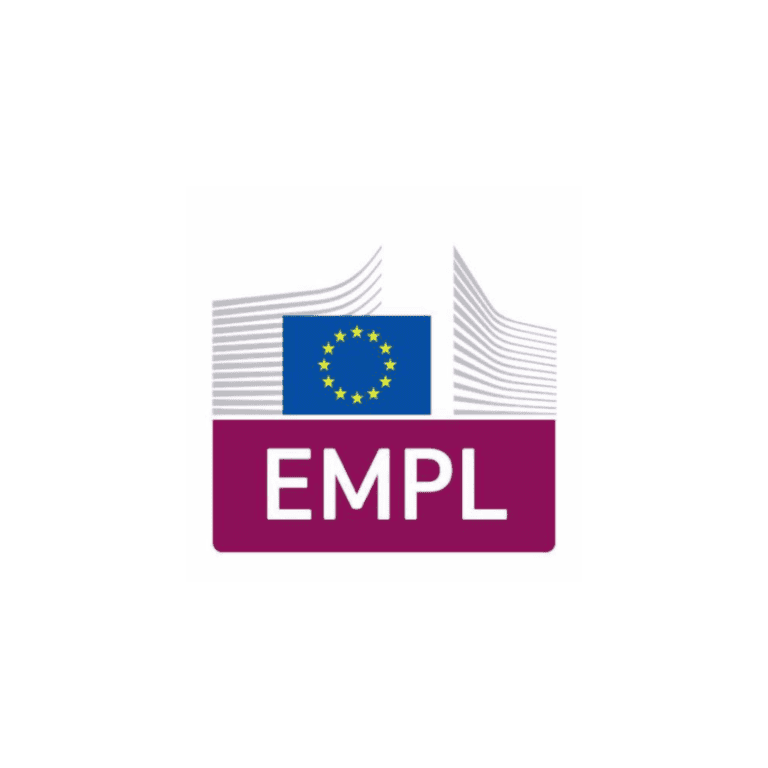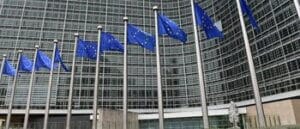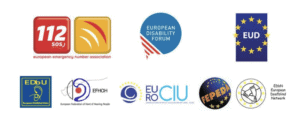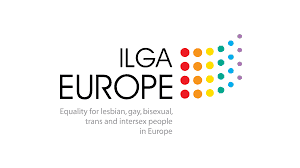EMPL DG
Par 14th of March EUD attended the strategic dialogue online meeting on Ukrainian refugee crisis, organised by the Directorate General on Migration and Home Affairs (DG HOME) and the Directorate General on Employment, Social Affairs & Inclusion (DG EMPL). The aim of the dialogue was to provide information on the EU funding developments to support to the EU Member States and stakeholders in addressing the Ukrainian refugee crisis and to provide a platform for civil society organisation to present their observations on the ground and help to identify the most pressing needs.
DG EMPL Director for Social Rights and Inclusion Katarina Ivankovic-Knezevic highlighted that since the start of the invasion, over 2.8 million refugees are estimated to have fled Ukraine to the EU and neighbouring countries (as of day of the dialogue) and numbers are growing every day. The priority now is to address the immediate needs of displaced persons seeking safety – to secure adequate reception, finding accommodation and addressing material needs. DG EMPL Deputy Director-General Andriana Sukova presented the CARE – Cohesion Action for Refugees in Europe. The aim is to make available resources more flexible, to reimburse expenditure at 100% by the EU budget, and to simplify reporting arrangements on participants. Ms Sukova also highlighted the already existing availability and strong support from the European Social Fund for inclusion of ‘refugees’ – as they are one of eligible groups to receive support in labour market and social inclusion if legally residing in the EU Member State.
Chiara Gariazzo, Director HOME Affairs Funds, highlighted a quick response from the EU, among others, by adopting the Temporary Protection Directive (TPD). The Temporary Protection Directive was activated on 4 March 2022, and it gives among others the access to the labour market and education for all children. Moreover, the MSs are being supported through several funds that will work in close coordination to ensure synergies and avoid double funding. The AMIF and the Internal Security Fund are currently being amended to be able to use available sources for longer (by 1 year). It was noted that actions such as psychological support, language training, family tracking and early integration measures can be covered by AMIF. In addition, emergency assistance for MSs is available for those in need, but sources are limited, as they were used in the previous crisis.
During the dialogue the European Disability Forum highlighted that at least 15% of the refugee population would probably be persons with disabilities. They are exposed to an increased risk of abandonment, injuries, violence, including sexual and gender-based violence and trafficking. Therefore, full access to immediate aid is needed. EUD supported EDF and added that it is important not to forget that among refugees with disabilities various and different accessibility needs exist, and different perspectives of inclusion must be considered. Deaf refugees particularly are facing very specific set of barriers because they are sign language users. Therefore, it is essential to pay specific attention to refugees with different disabilities and ensure that various perspectives on accessibility and inclusion are considered when helping the refugees.













